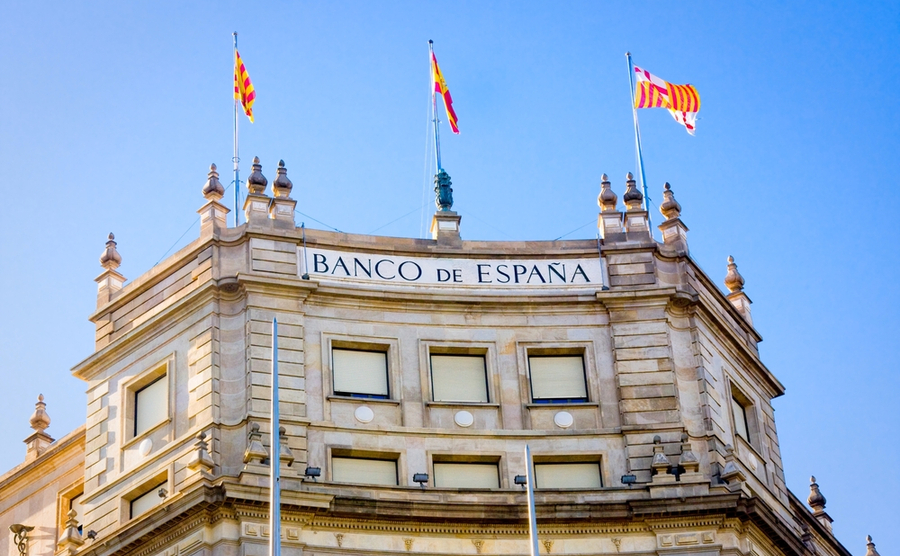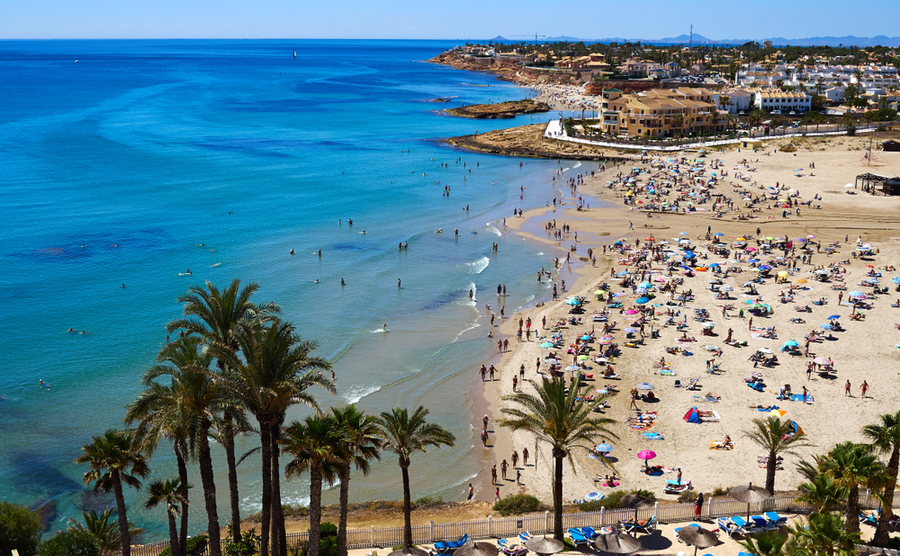The Spanish government has revealed plans to transform the country’s economy via €70bn of grants from the EU’s coronavirus recovery fund.
Like many others around the world, the Spanish economy has felt the challenges of the pandemic, both socially and economically.
Soaring cases towards the end of 2020 and into 2021 led to a strict lockdown and, subsequently, economic struggles.
In the second quarter (Q2) of 2021, Spain’s economy shrank by a record 18.5% and in 2020, its GDP – the value of goods and services in the country – shrank by 11%.

Irina Papoyan / Shutterstock.com
But it’s not all doom and gloom. The Spanish central bank predicts an economic rebound of between 13% and 16.6% in Q3 of 2021, and the government forecasts a GDP growth of 9.8% this year.
The Governor of the Bank of Spain Pablo Hernández de Cos largely credits this recovery to “extensive and extraordinary monetary and fiscal support measures”.
But Spain has even bigger aspirations for its post-pandemic economic outlook. Making full use of the EU’s coronavirus recovery fund offerings, Spain plans to spend €140bn (made up of €70bn of EU grants and €70bn of loans) on things such as boosting small and medium businesses, investing in the electric car industry and renewable energy, and creating more jobs.
This spending plan, known as The Recovery, Transformation and Resilience Plan, is second only to Italy’s in terms of scale and is something which deputy prime minister for the economy Nadia Calviño claims will enable the Spanish economy to “undertake a transformative modernisation process” and be more resilient in the longer term.
Read your Buyers’ Guide to Spain for all the information you need about purchasing a property in Spain.
What is set out in the spending plan?
- 110 investments, including €3bn for an electric car initiative, €4.5bn on renewable energy, and €7bn to increase the energy efficiency of buildings
- 102 planned reforms, including changes to taxation, pensions and training programmes
- Creation of 800,000 jobs, with a focus on green technology, digitisation and education and training
- €3.5bn on helping the small and medium business sector to go online
How will this benefit expats?
If the plan is successful, cleaner air, better healthcare, more advanced technology, and easier mobility throughout Spain are just some of the benefits that expats could begin to enjoy over the next few years.

Orihuela Costa
Among others, some of the main investments and reforms most relevant to expats include the modernisation of public administrations, the modernisation and strengthening of the national health system and, if you’re into your technology, the 5G roadmap.
As well as this, certain areas popular with international buyers are also due to receive funding towards eco-tourism projects. The Orihuela Costa is one such example where €3m will be available for the ‘Destination Tourism Sustainability project’. Through this funding, Orihuela will see smart car parking, E-bikes, renovations of nature trails and even the smart management of sewage.











